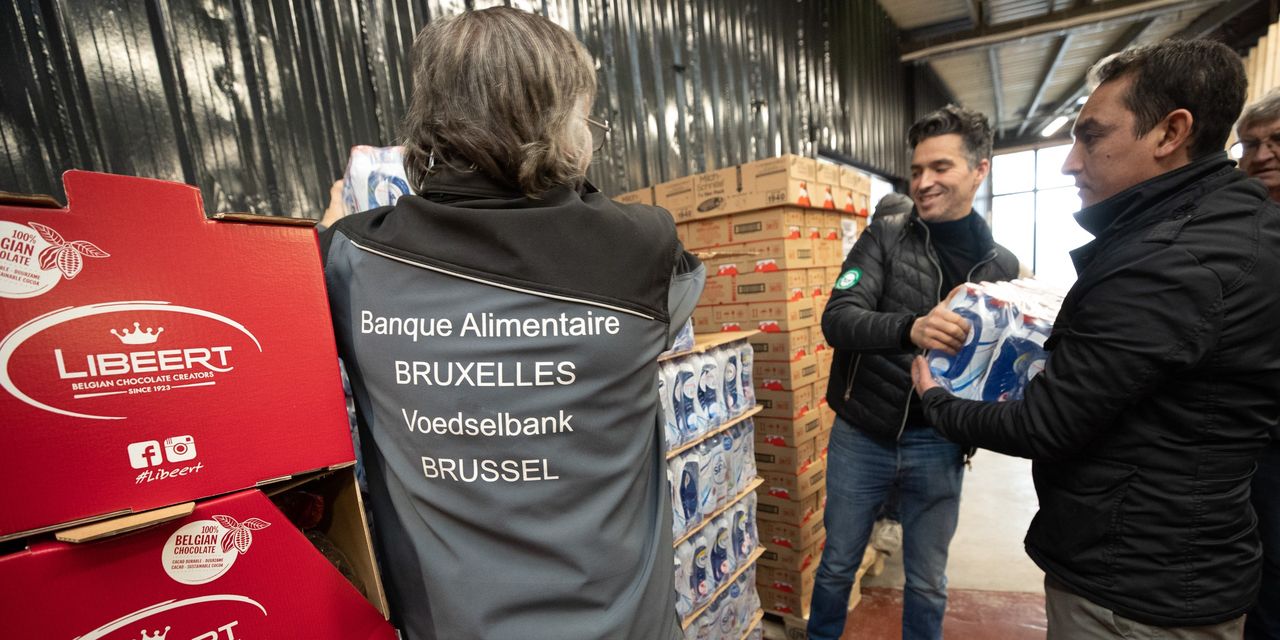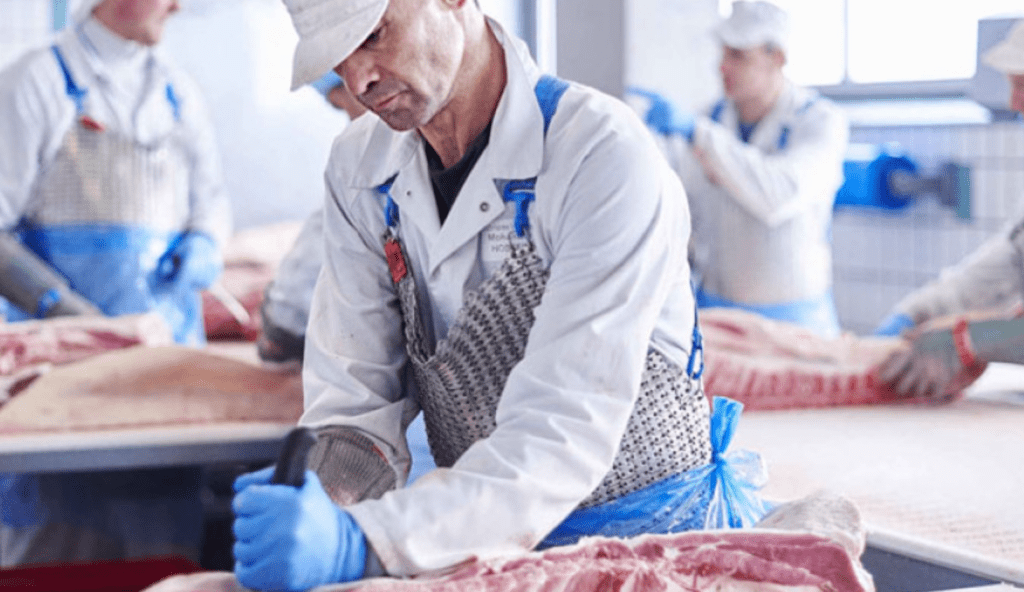Companies in the food industry are struggling to staff production lines amid the fifth coronavirus wave, with significant numbers of staff out sick.
A survey by Belgium’s Federal Agency for the Safety of the Food Chain (FASFC) shows that 8.5% of staff report being sick, and in some sectors the labour shortage is slowing down production.
“It's an increasingly difficult puzzle to get the staff planning right,” Michael Gore, managing director of FASFC, told the Flemish infocentre for agriculture and horticulture (VILT).
“We've already had several calls this week from members that the situation is becoming worrying. At the moment, we are still managing to get things done, but one has to be creative and, for example by asking employees to work overtime. It can be done temporarily, but in the long term it is not a solution.”
Related News
- Prices in supermarkets already up 3 to 5%
- Brexit cost the EU a quarter of exports to UK
- People in Belgium turn to local products during pandemic
The coronavirus figures in the country have been rising with the spread of the Omicron variant, which is more contagious but seems to be a less severe strain of Covid-19. Various sectors are feeling the effect in the form of staff shortages, including education, and now FASFC’s survey shows that food production is also under pressure.
More and more absences expected in coming weeks
“Two in three food companies have to deal with at least 5% staff absence,” spokesperson Nicholas Courant said.
“On average, 8.4% of employees call in sick because of corona. That’s not dramatic, but it does threaten production lines. The difficult thing is that it often involves critical bottlenecks where replacements cannot be provided at the flick of a switch.”
Steven Dierickx, managing director of dairy company Inex, told the retail magazine Gondola of their troubles: “I'm holding my breath for the coming days. We already have to shut down one of our 24 lines from time to time because there are not enough people. We can't just find replacements for them: you need several months of training to operate our machines.”

Many jobs in the food sector must be done in person, meaning teleworking isn't an option. Credit: Pxhere
Teleworking not an option for critical positions
The food industry often works with fresh products that require staff on hand to manage their production and supply.
“We have created a buffer by building up a stock, so that we do not feel the impact in the short term, but cows give milk every day and it has to be processed,” Dierickx said. “We have to ensure continuity and that is exactly what is becoming difficult now.”
FASFC found that the coronavirus-related absences are resulting in production losses. Three in four companies report a negative impact on production of 8% on average.

Food banks take delivery of donated food. Some food-related jobs are more vital than ever as a result of the pandemic. © Belga
“Most companies fear that the worst is yet to come and that the contamination peak is still ahead of us,” added Courant.
A plea for flexibility
The sector organisation is urging the government and trade unions for more flexibility, “for example, regarding the payment of overtime — there are all kinds of restrictive conditions about that within the CLA, but this is an exceptional situation,” Courant said.
Employment flexibility could also be a solution, he said: “Consider the use of student workers, flexi-workers or people who have just retired, but want to return to the labour market temporarily.”

